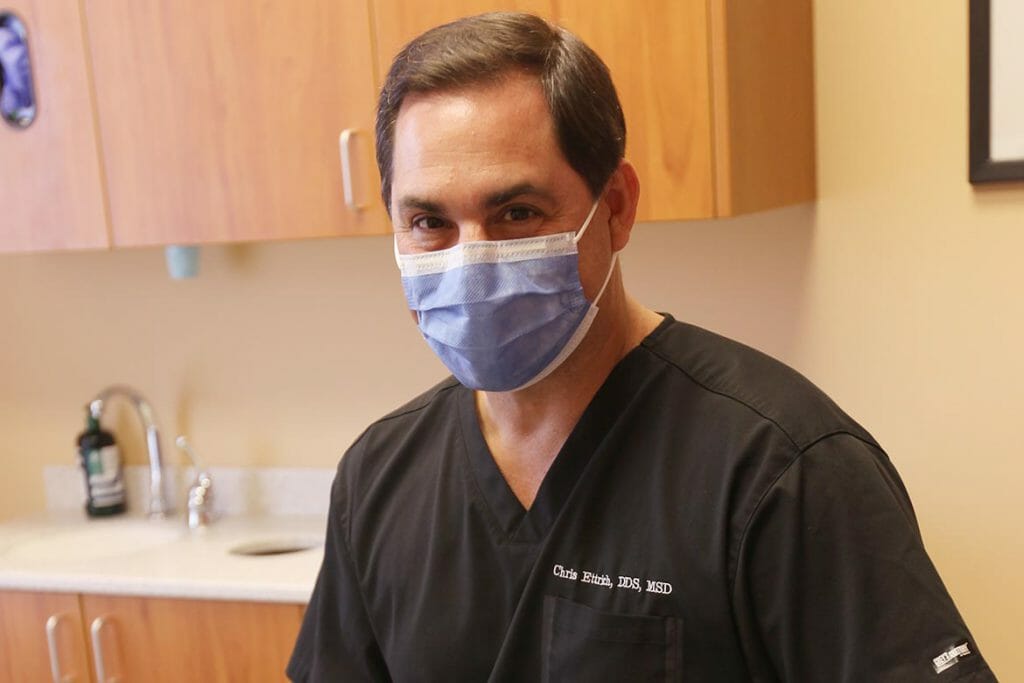 The pulp of your tooth is composed of blood vessels and nerve tissue, and is the innermost part of the tooth. The pulp of your tooth reaches all the way from the crown to the tissue around the roots. Pulp can become infected due to trauma, cracks, dental procedures, and decay. When this happens, you may need a root canal to help save your tooth.
The pulp of your tooth is composed of blood vessels and nerve tissue, and is the innermost part of the tooth. The pulp of your tooth reaches all the way from the crown to the tissue around the roots. Pulp can become infected due to trauma, cracks, dental procedures, and decay. When this happens, you may need a root canal to help save your tooth.
What is a root canal?
A root canal centers around removing the infected pulp. To begin, we will numb your tooth and the area around it to ensure that you feel no pain during the procedure. We will then make an opening in the crown so that we can access the infected pulp. We put a special fluid in the space that gets rid of any bacteria and thoroughly cleans the area. Next, we remove the pulp, fill, and finally seal the canals. We then place a temporary filling on the tooth. This will eventually be replaced by a permanent crown.
What happens after my root canal?
After your procedure, we will contact your dentist to give them a record of your root canal treatment. It is important that you follow up with your dentist to get your permanent crown or filling placed within thirty days of your root canal.
How do I know if I need a root canal?
Only a dentist or oral care specialist can tell you for sure if you need a root canal. However, there are some signs to be aware of that may indicate infection within your teeth. Pain, tenderness when touching or chewing, tooth discoloration, sensitivity to heat or cold, and tender lymph nodes are all signs that you may need a root canal. If you are experiencing these symptoms, contact your dentist right away. It is important to note that in some cases you may not experience any symptoms at all, so it is important to maintain consistent dental visits to keep an eye on the health of each of your teeth.
Why are root canals important?
Root canals are vital because it is important to save your teeth at all costs. When you lose a permanent tooth due to accident or decay, your mouth can suffer a lot of residual consequences. For instance, your remaining teeth can shift and move, which can affect your bite. The area underneath the missing tooth is also much more prone to infection, which can lead to jaw problems and bone deterioration. Additionally, when you are missing teeth, you can suffer from a “sunken face” look, which causes you to appear older than you are. Root canals can save your tooth and in turn, prevent all of these problems from developing.


